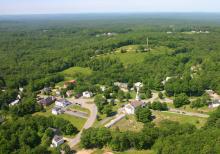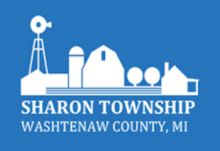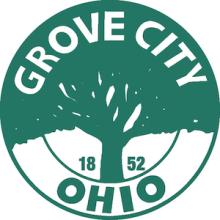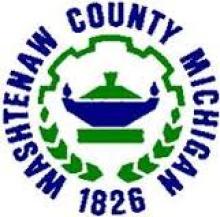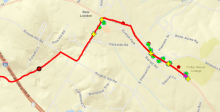Court Confirms Texas Home Rule Authority to Build, Finance Community Network
Located only 30 miles east of Houston, it’s hard to believe that Mont Belvieu, Texas, ever had poor Internet access. Faced with complaints from residents and businesses, city officials decided to deploy fiber and bring fast, affordable, reliable gigabit connectivity directly to the community via MB Link.
How to Fix the Problem
While it’s not far from the center of a large metro area, Mont Belvieu still maintains a rural character. The town’s history is based in the oil and natural gas industry, which began in the early 1900s. As City Manager Nathan Watkins told Christopher Mitchell in episode 326 of our podcast, approximately 85 percent of natural gas liquids in the U.S. travel to Mont Belvieu for processing. With more than 10,000 miles of pipeline within their salt domes, the town of 8,000 has become a centerpiece of oil and natural gas processing.
Before MB Link, the community dealt with a patchwork of services offered by several different providers. Even though more than one provider operated in town, they didn’t compete with each other. Without competition, ISPs had no impetus to improve services. Residents complained about DSL download speeds of 1.5 Megabits per second (Mbps) and cable Internet access download speeds topping out at 5 Mbps. There were even premises that could not obtain Internet access because ISPs reported saturated networks and were not willing to make investments to serve more subscribers.
In 2016, a feasibility study in Mont Belvieu revealed that 60 percent of residents and 79 percent of businesses felt that local Internet access wasn’t adequate for their needs. In the same survey, 90 percent of residents and 100 percent of business respondents opined that high-speed Internet access is an essential service in the same manner as electricity and water.





